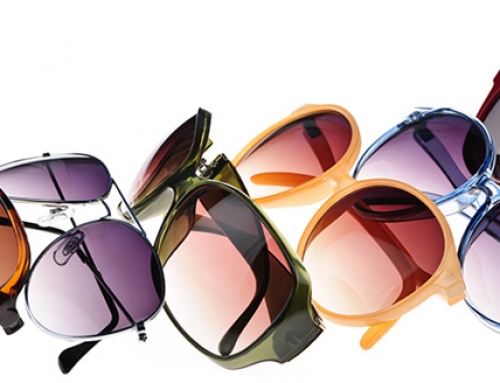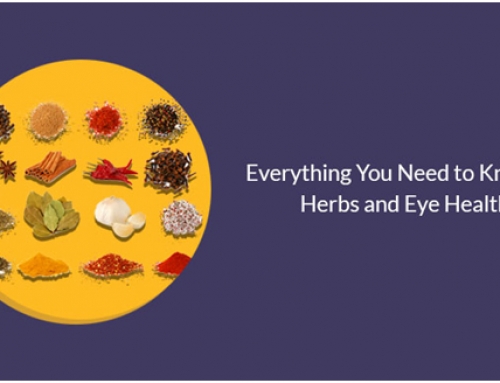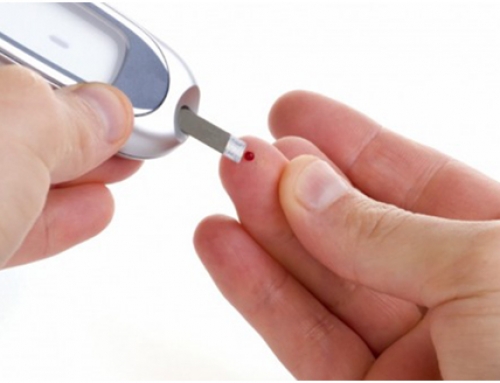Seeing is believing and what you get to see these days is no hogwash. As you run your eyes through your surroundings don’t be surprised if everything seems blurry. It’s not your mind playing tricks but the thick layer of deadly smog that is the culprit. Smog, what relation does it have with your eyes, you’d wonder? It’s only respiratory ailments or skin allergies that are caused by smog is a common belief. Well, the lethal combination of fog and smoke – smog – can affect your eyes too.
The post-Diwali pollution peak could further harm your eyes. The Indian Meteorological Department revealed that the smog on November 2, 2016 was the worst in 17 years, in Delhi-NCR. The burning sensation, irritable eyes and redness can be blamed on the pollutants in the air. Another major eye ailment that can be caused by smog are dry eyes. In the daily humdrum of events, we don’t even realise how the smog is gradually leading to a decrease in tear production.
This is how dry eyes could make your life more complicated:
A roadblock in day-to-day activities
Simple tasks like reading or driving could seem tedious. You may exert your eyes more to carry out these basic affairs.
Vulnerability to infections increases
Tear evaporation may increase your susceptibility to eye infections. Tears are like a protective wall that shield your eyes from infections.
Damage corneal surface
In extreme cases, dry eyes can even damage the surface of your eyes which may eventually lead to vision problems.
Don’t let irritants in the air add to your eye woes! First and foremost, accept how the smog is affecting your eyes. Symptoms like redness, eye irritation and blurred vision shouldn’t be ignored. Give a call to your eye doctor if you experience any of these, and if irritation persists for a longer duration. Here is how you can try and contain the ill-effects of smog for your eyes:
- Wash your hands often, and avoid rubbing your eyes
- Drink a lot of water. Staying hydrated is essential for aiding in adequate tear formation. It becomes all the more essential when external factors like smog increase your proneness to dry eyes. Eight to ten glasses of water should suffice
- Refrain from stepping out during peak smog hours like early mornings. It’s best to stay indoors during this time
- While using public or private transport, try not to expose yourself to the pollution and smog. Rolled up windows can be a saviour
- Consume food rich in Vitamin A. These include green leafy vegetables, especially spinach which is high in vitamin. Bright-coloured vegetables like yellow pepper and carrots too are beneficial for your eyes
- Ask your doctor for lubricating drops which can help increase tear formation



